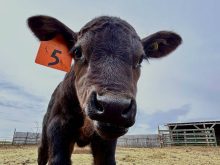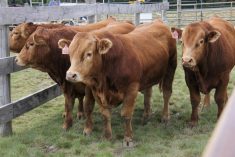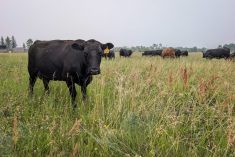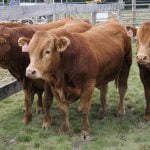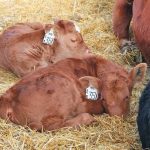The administrative agency for Alberta’s provincial Livestock and Meat Strategy (ALMS) has named a new president and CEO.
Gordon Cove, who worked in upper management in the pork industry before joining the province’s ag department (AARD) in 2003, becomes chief executive for the Alberta Livestock and Meat Agency (ALMA).
Cove has already manned the post in an acting capacity since Sept. 1, replacing previous interim CEO Ken Moholitny, who in turn replaced CEO Jeff Kucharski.
“With Gordon’s experience in the livestock and meat sector, he can hit the ground running,” ALMA chairman Joe Makowecki said in a provincial release Friday.
Read Also
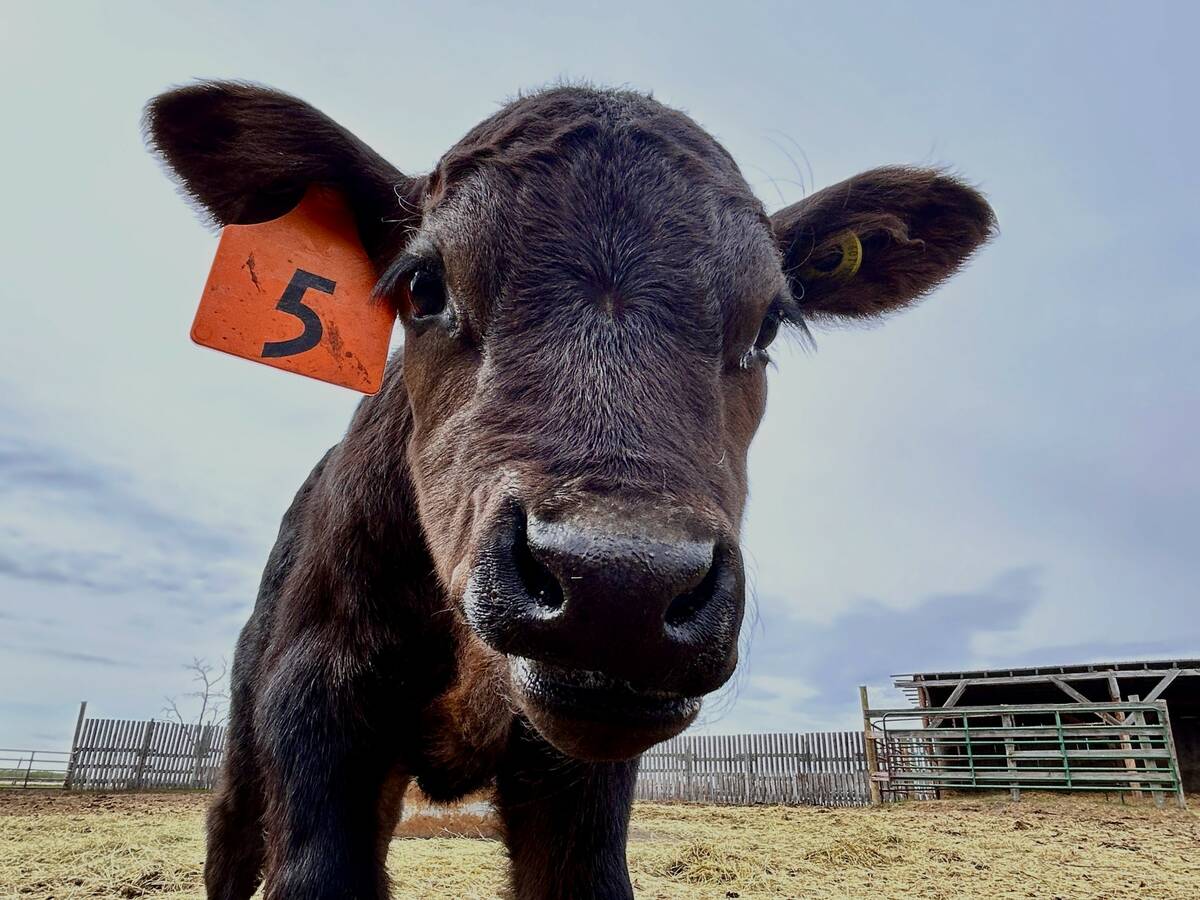
Health Canada stops sales of coccidiosis medication Deccox on procedural issue
Deccox, a medication to prevent coccidiosis in calves and other livestock, is temporarily off the market after Health Canada issued a stop sale order earlier this month.
Cove’s resume includes 21 years in management roles, including stints as general manager for Fletcher’s Fine Foods, which later morphed into Premium Brands, and with Olymel, which took over Premium’s fresh pork operations at Red Deer. Cove also previously served as plant manager for Deli Farm Foods.
With the provincial agriculture and rural development department (AARD), Cove’s roles have included leader for the department’s meat unit agri-processing branch, branch head for processed foods, branch head for livestock products and, most recently, director of corporate services for ALMA, a post he continued to hold after being named acting CEO earlier this month.
While with ALMA, the province said Friday, Cove has previously overseen approval of 10 applications under the ALMA Beef Product Market Development Program, granting over $2.9 million to industry. He’s also credited with helping to develop and deliver ALMS.
ALMA on Sept. 17 announced over $3 million in funding for 30 industry projects, such as support for an “innovative approach” to European Union market penetration; research on meat grading technology and food safety improvements; and an H1N1 influenza consumer reassurance strategy to boost pork’s position as “a safe and important source of protein.”



